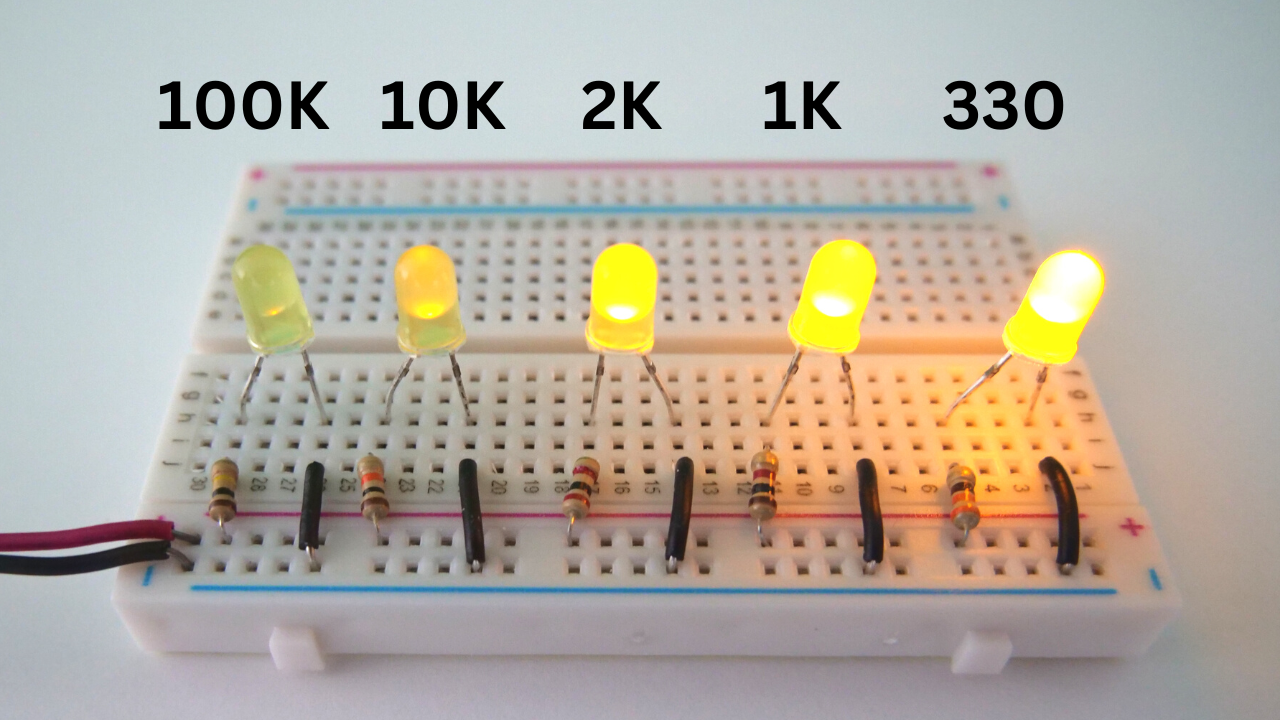
Best resistors for LED circuits
When it comes to designing LED circuits, choosing the right resistor is crucial for the proper functioning and longevity of your LEDs. Resistors are essential components in LED circuits as they help control the flow of current to prevent damage to the LEDs.
There are various types of resistors available on the market, but not all are suitable for LED circuits. In this article, we will discuss some of the best resistors for LED circuits and why they are ideal for this application.
1. Carbon Film Resistors
Carbon film resistors are one of the most common types of resistors used in LED circuits. They are known for their high stability and precision, making them ideal for applications that require accurate current control. Carbon film resistors are also cost-effective, making them a popular choice for LED circuit design.
One of the key advantages of carbon film resistors is their low noise and low temperature coefficient, which helps in maintaining a stable current flow to the LEDs. They are also available in a wide range of resistance values, making them versatile for various LED circuit designs.
2. Metal Film Resistors
Metal film resistors are another excellent choice for LED circuits due to their high precision and stability. They have a lower temperature coefficient compared to carbon film resistors, making them more reliable in maintaining current flow to the LEDs.
Metal film resistors are also known for their low noise and high power ratings, making them suitable for LED circuits that require higher current capacity. They are available in a wide range of resistance values and are often used in applications where accuracy and precision are essential.
3. Wirewound Resistors
Wirewound resistors are commonly used in high-power LED circuits where the flow of current is significantly higher. They are known for their high power ratings and excellent stability, making them ideal for applications that require precise current control.
One of the key advantages of wirewound resistors is their ability to dissipate heat effectively, which helps prevent overheating and damage to the LEDs. They are available in higher resistance values compared to carbon and metal film resistors, making them suitable for high-power LED circuits.
4. Thick Film Resistors
Thick film resistors are ideal for LED circuits that require high precision and stability. They are known for their high resistance values and high power ratings, making them suitable for applications that demand accurate current control.
Thick film resistors are also known for their low noise and low temperature coefficient, ensuring a stable current flow to the LEDs. They are commonly used in LED circuits where accuracy and reliability are crucial.
Conclusion
Choosing the right resistor for your LED circuit is essential for ensuring the proper functioning and longevity of your LEDs. Carbon film, metal film, wirewound, and thick film resistors are all excellent choices for LED circuits, each with its advantages depending on your specific application requirements.
When selecting a resistor for your LED circuit, consider factors such as resistance value, power rating, temperature coefficient, and noise level to ensure optimal performance. By choosing the right resistor, you can ensure the efficiency and durability of your LED circuit.
Was this helpful?
0 / 0